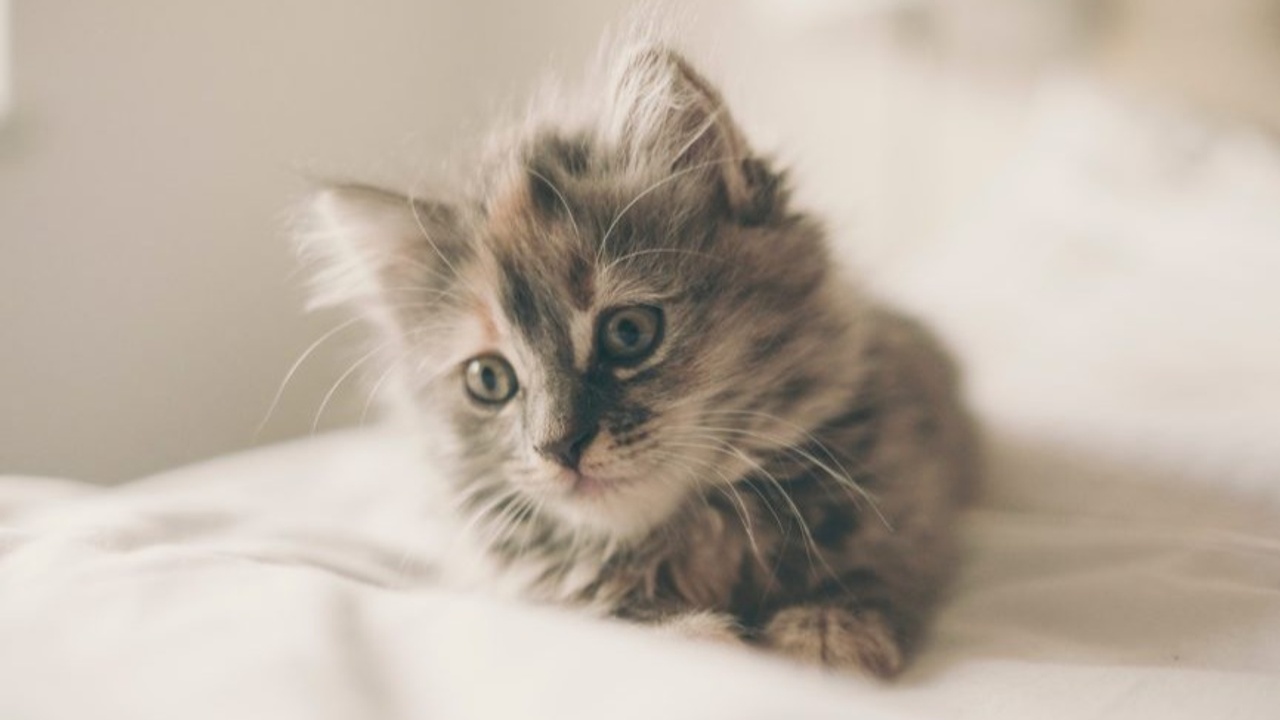Self-Compassion and the Writing Life

Many of us wish the world was a kinder and more compassionate place. We’re clear that political dialogue should be constructive rather than destructive, and people attacking one another will not help us solve our problems or heal the world’s seemingly intractable divisions.
We’re good humans, or we try to be.
We know that being kind to one another is essential to combat the isolation and loneliness generated by an increasingly online lifestyle where we don’t speak with people face-to-face anymore as much as we used to. We make conscious efforts to reach out with grace, kindness and compassion when we see people suffer.
Except maybe when it comes to ourselves and our own writing. Then, we say things to ourselves about ourselves and our creative work that we would NEVER say to another living being EVER. Things like:
- “Yeah, I knew you couldn’t do it.”
- “Kids in grade school write better than this.”
- “This story is awful. I’m embarrassed for you.”
- “How can you even call yourself a writer anymore?”
- “You’ll never write as well as s/he does – why do you even bother?”
- “Everyone knows your work sucks.”
- “That [time your story/poem was published] wasn’t talent: you just got lucky.”
- “This is the worst thing you’ve ever written. No one will publish it.”
Does any of that sound familiar?
I can’t imagine saying any of that out loud to another writer, because I know it’s mean. (Heck, I wouldn’t even say those things out loud to cats, and I’m not really even a cat person.)
But I’ve definitely said all that – and more – to myself over the course of my writing life.
Somehow, we’re still willing to be mean to ourselves.
When I look at all of the tips and techniques I’ve learned to use in my writing life over the past decade or so, nothing means more to me than having learned to practice some self-compassion.
Above everything else, this is what has kept me writing.
And if #NaNoWriMo is on your writing to-do list, more power to you -- and please know that self-compassion will be absolutely essential to finishing. (And even more essential if you don't.)
What is self-compassion? American researcher Dr. Kristin Neff has literally written the book on this – it’s a fairly quick read and I highly recommend it for all creatives and makers. In her work, Neff highlights 3 basic elements of self-compassion:
- Self-kindness vs. self-judgment – being kind to yourself when you’re suffering, as you would with anyone else in the same situation.
- Common humanity vs. isolation – recognizing that this is all part of the shared human experience and no one is perfect.
- Mindfulness vs. over-identification – putting our situation into perspective and not getting swept away by negative thoughts and feelings.
Self-compassion is connected to our ability to be resilient, which is our ability to bounce back from setbacks. You gotta know that comes in handy when yet another literary journal sends back your beautiful story or poem, right?
Can you see how this can help us as writers to weather the incredible amount of rejection that most of us are naturally going to experience in our artistic lives, no matter how hard we work or how talented we are? Rejection is just a fact of the writing life, and self-compassion can help us keep moving forward in the face of it.
Instead of mercilessly judging and criticizing yourself for various inadequacies or short-comings, self-compassion means you are kind and understanding when confronted with personal failings – after all, who ever said you were supposed to be perfect? – Kristin Neff
Just for today, what if you and your writing didn’t have to be perfect? Can you let yourself imagine ways in which you could speak to yourself with more compassion?
What if we switched our inner dialogue around, and said these things to ourselves instead?
- “I’m proud of myself for writing today.
- “The most important thing now is to get the first draft down – I’ll edit it later.”
- “Progress, not perfection. I’m in this for the long haul.”
- “I’m a writer, so I write. Everything else is out of my control.”
- “If I need to learn more about story structure, I can do that. First, I’ll just enjoy writing this draft.”
- “People have told me how much they enjoy my writing. I’m going to believe them!”
If you find yourself beating yourself up for not having spent hours at your desk lately, consider trying a Short Time writing session to reconnect with your creative life, and stop punishing yourself.
When your writer self is suffering, see if you can offer comfort and compassion instead of harsh judgment. But hey, don’t expect to be perfect at it, okay? Little by little, our hard internal critic will soften over time if we treat ourselves with some basic human kindness.
May you and your writing be well today. I believe in you.

